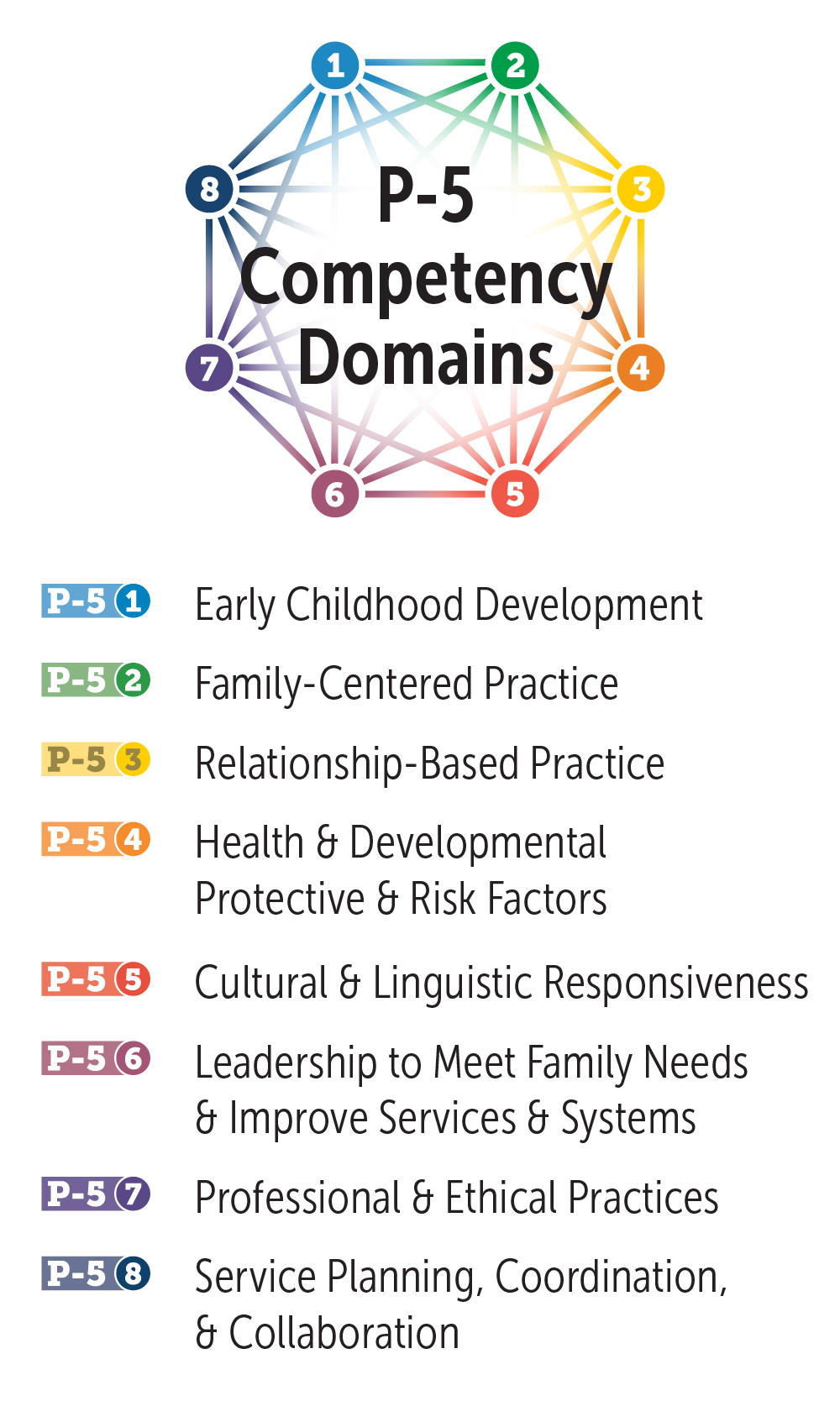
Critical Competencies for Infant-Toddler Educators™ Online Module L&L-2: Expanding Expressive and Receptive Language and Vocabulary
Infant-toddler educators build young children’s expressive and receptive language and vocabulary through purposeful use of language to narrate their own actions and those of the children in their care. They use language to communicate, to calm, to prepare for transitions, and to share play and other pleasurable experiences through the day. Infant-toddler educators also use language to comfort children in distress and to help children solve problems. Finally, infant-toddler educators use language to add richness to children’s everyday experiences and as children observe the world around them, for example, to expand their understanding of processes, patterns, spatial and numerical terms and concepts, and also to share humor. Exposure to language in these ways helps infants and toddlers understand the power of language and its multiple uses while exposing them to a varied vocabulary which, over time, maps new words onto known concepts. Using talk for learning in these ways is the foundation of high-quality learning experiences for infants and toddlers in group care. Language helps educators build and nurture relationships with one another and with the young children in their care. Use of language in these ways is a vital strategy for infant-toddler educators to scaffold young children’s exploration and understanding of the world around them.

